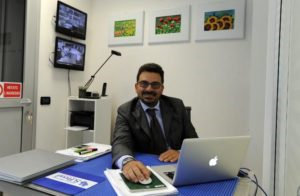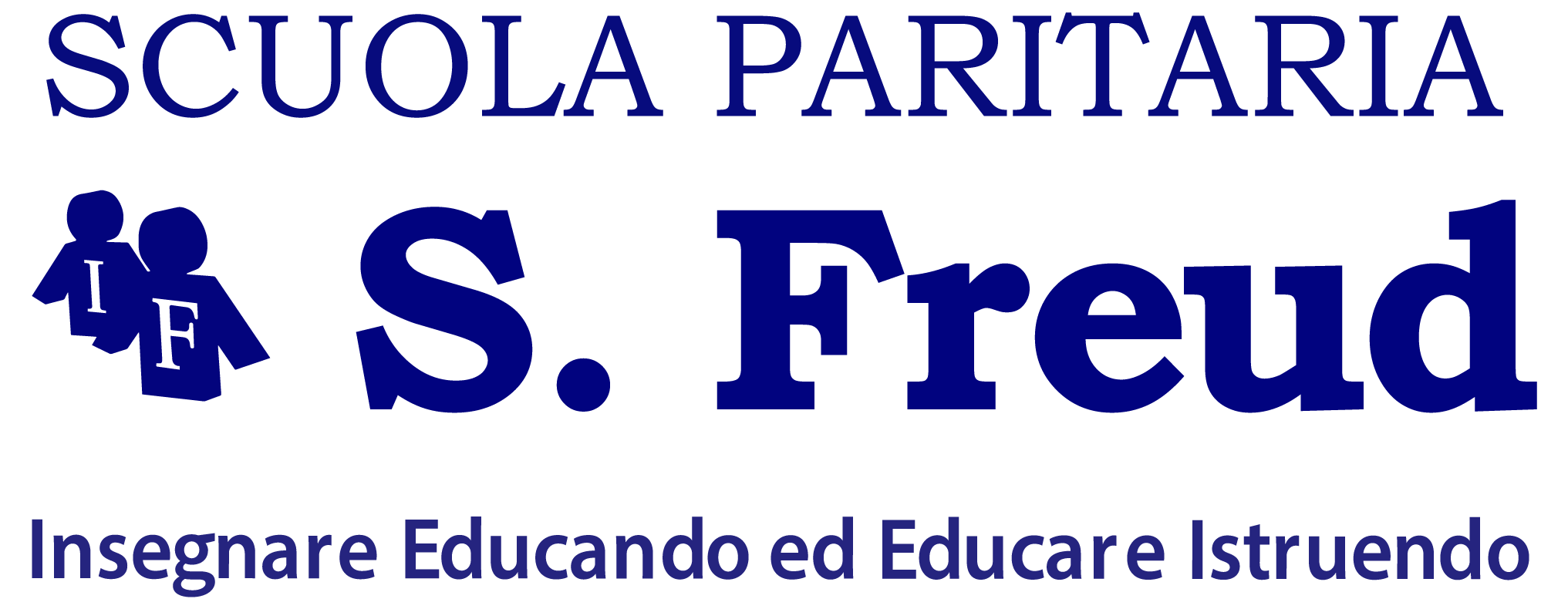12 febbraio 2020
PERSUASIVE TEACHING TO AVERT SCHOOL DROPOUT AND DISCOMFORT

https://www.malpensa24.it/didattica-persuasiva-bruno-scuola-freud-disagio-per-scongiurare-dispersione-e-disagio-scolastico/
MILAN –In a much-changed school universe, which must provide preparation, skills, language and computer knowledge for a selective world of work, it is not uncommon for students to feel as if they are being 'whipped' into a mix of demands that lead them to exasperated competition and a quest for results at all costs. In short, they do not feel understood, listened to, supported, and their difficulties are frequently mistaken for lack of commitment, irredeemable deficiencies, and anti-system behavior. Discomfort then translates into school dropout, and thousands of intelligences and potentials are destroyed. A tragedy for families, but also for society. To cope with these problems, the so-called persuasive teaching, an approach that puts teacher and learner at the center in a dialectical relationship, was developed in the United States a decade ago. In Italy the forerunner of this methodology is the Sigmund Freud School in Milan Here about 96 percent of 650 students, in five years, have achieved positive academic results according to a focus carried out by the same higher education institution.
There are no teachers who “take the chair”

The Legal Representative of “Sigmund Freud School” Daniele Nappo
The school, established in 1992 in Via Accademia in the northeast part of the city, has always focused on technology when computers in school were really rare. Alongside touch monitors, digital whiteboards and projectors, however, it has also helped develop and perfect a revolutionary method of qualitatively improving children's learning and attention span. “The key thing is to avoid teachers who 'get on the desk ' and instead base teaching on 'sensitive intelligence': understanding kids and giving them formative answers, learning from each other, evolving. We need the school to be experienced as 'friendly' obviously keeping the goals of quality and results intact but without forgetting also the need to adapt and individualize the way of teaching,” explains director Daniele Nappo.
Collective Engagement
Away with chalk and blackboards, the focus is on capturing the attention of the student - now belonging to the category of the digital native - for a longer time. And, this is the philosophy, attention and memorization can be achieved only if the teacher maintains a body language and nonverbal communication that captures the curiosity of the listener on the principle that even the best teacher must never stop learning. To this end, laboratory cooperative teaching is applied, that is, proceeding by problem and research by co-constructing knowledge starting from a cognitively interesting 'difficulty' by tackling it together; Jigsaw teaching (jigsaw) with fragmented content in homework then reconstructed in class also with group work, we engage together to achieve a common goal and each person depends on the others and, again, Brainstorming i.e. comparing and gathering ideas on a topic also with an improvised approach in a structured work for example about a topic or a teaching task to be carried out. In short, evolution, experimentation, attention, appreciation: values sometimes professed in words but almost never, unlike Freud, implemented.


